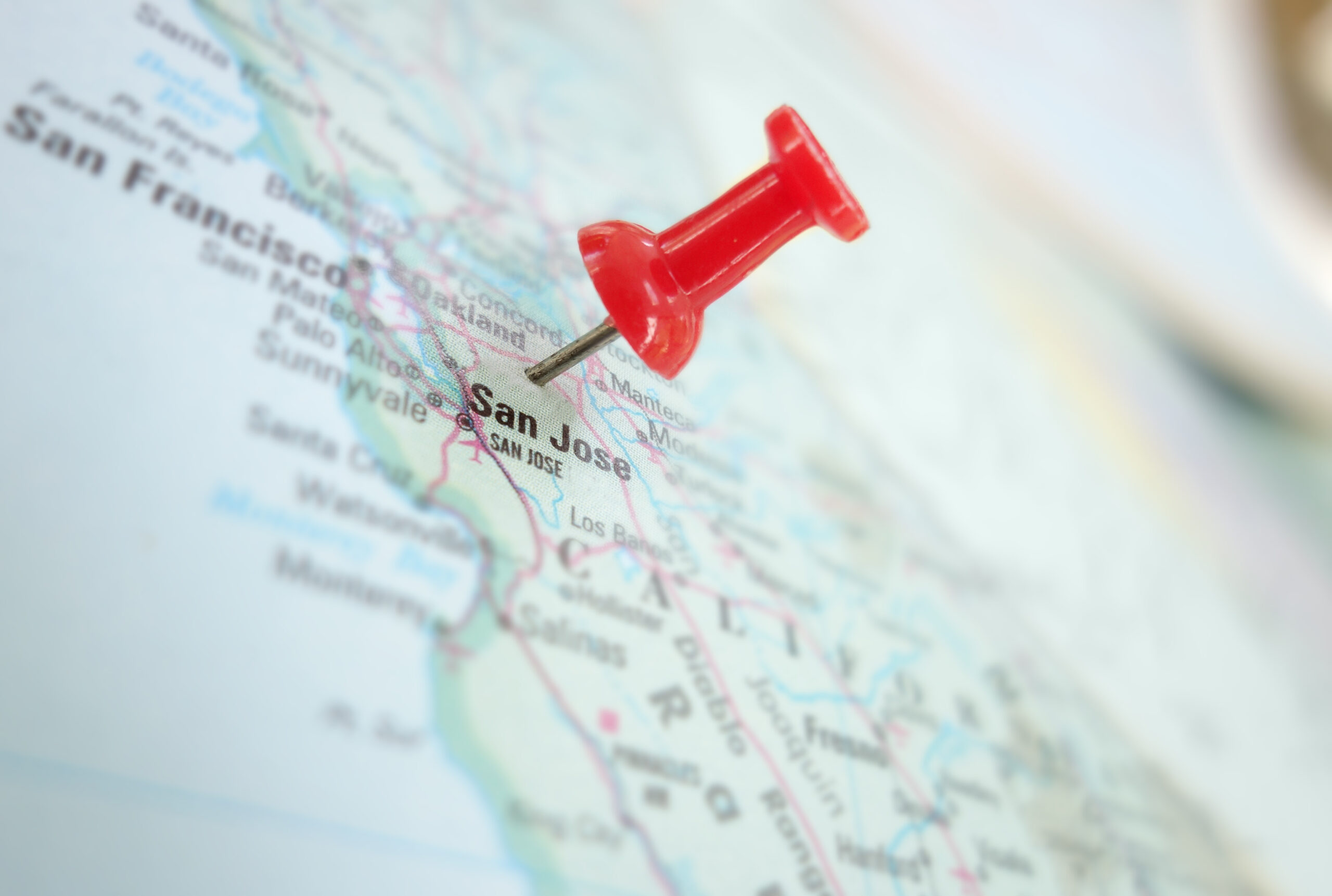Connect with us
Published
11 months agoon

San Jose, California’s cannabis industry may soon look very different.
The San Jose City Council recently approved changes to the current dispensary regulations, which will expand where cannabis retailers can do business and relax pricey annual audit requirements, according to a report from San Jose Spotlight.
The changes came after industry workers complained that the city’s strict rules essentially barred cannabis storefronts from opening in most areas of the city. The council began revision discussions late last year, and the pair of new measures passed 10-1 as part of a wider discussion surrounding the 2023-24 budget. Councilmember Domingo Candela casted the sole “no” vote.
Ahead of the meeting, five councilmembers—Pam Foley, Sergio Jimenez, Omar Torres, David Cohen, and Peter Ortiz—also signed a letter that underscored their support for relaxed audit requirements. The vote lifted a 2018 rule requiring yearly audits on cannabis operations by an external reviewer.
San Jose Spotlight spoke with accountant Bruce Andersen, who attested that these audits can cost cannabis shops several thousands of dollars every year. He also questioned how useful the audits actually were, given that digital point-of-sale systems already track customer purchases. Now, the city will only require external audits when a business is suspected of tax noncompliance or other misconduct.
Foley pointed to the tax revenue generated by legal cannabis and emphasized the need to combat illicit sales with more plentiful legal retail locations.
“We need to make it not as easy for illicit vendors of cannabis to be out there selling,” Foley said at the hearing. “The way we do that is that we make our businesses more accessible.”
As it stands, existing dispensaries are allowed to expand per city law, there are simply too few eligible locations to expand to. Previously, city officials voted in favor of cutting the distance requirements between dispensaries and schools, daycares and other community spaces from 1,000 to 500 feet. Last year, leaders also voted to allow cannabis retail storefronts already registered with the city to open a second location in commercial areas, whereas rules previously allowed them to open in industrial zones only.
Foley also suggested that the council may look into allowing social consumption of cannabis at events. She mentioned Assembly Bill 374, introduced last year by San Francisco Assemblymember Matt Haney, which would permit cannabis lounges in San Jose allowing patrons to pair cannabis with food or music.
While some of these changes could help San Jose’s cannabis market to truly blossom, some industry workers believe it’s a bit more complicated.
Rich De La Rosa, a lobbyist working with South San Jose’s Canna Culture dispensary, told San Jose Spotlight he approved of the changes, though he noted that finding amenable landlords has been an ongoing challenge. He also expressed concern that some areas may become too oversaturated with dispensaries, clustering together wherever they are ultimately allowed.
Last year, councilmembers allowed the amount of existing cannabis business licenses in the city to increase from 16 to 37, and while there has been little movement due to zoning restrictions, the hope is that the new regulations will allow them to actually fulfill that new limit. Should these changes be successful, it could spell big things for the city.
San Jose had a 2022 population of 971,233, making it the third-largest city in California. Foley told SFGATE that most dispensaries in the city are concentrated almost entirely in one East San Jose area.
“When the ordinance was initially passed the locations of these dispensaries were pretty much condensed in one city council district, causing some problems for the residents in that neighborhood,” Foley said. “… If you drove down one of the streets in District 7 you would get a contact high by driving by all these dispensaries.”
San Jose is the only city in Santa Clara County with operating cannabis storefronts, making it an attractive destination for weed sales among the entire region. And even though the current amount of regulated dispensaries is limited, annual sales have grown from $89 million in 2018 to $180 million today, according to Silicon Valley Cannabis Alliance Founder Sean Kali-rai.
San Jose only has 1.6 cannabis shops per 100,000 residents, compared to the two largest Los Angeles at 2.4 and San Diego at 2.6 shops per 100,000 residents.


Clinical Trial To Assess LSD Microdosing For PMS


Survey: High-THC Flower Yields Few Serious Side Effects in Patients


Connecticut House Approve Bill Regulating Hemp Products


Hemp Clothing Market to Hit $23B by 2031, Report Predicts


Despite City Efforts, Hemp Shops Posing as Dispensaries Prevail in Las Vegas


Cannabis Community, Investors React to DEA Decision To Reschedule
